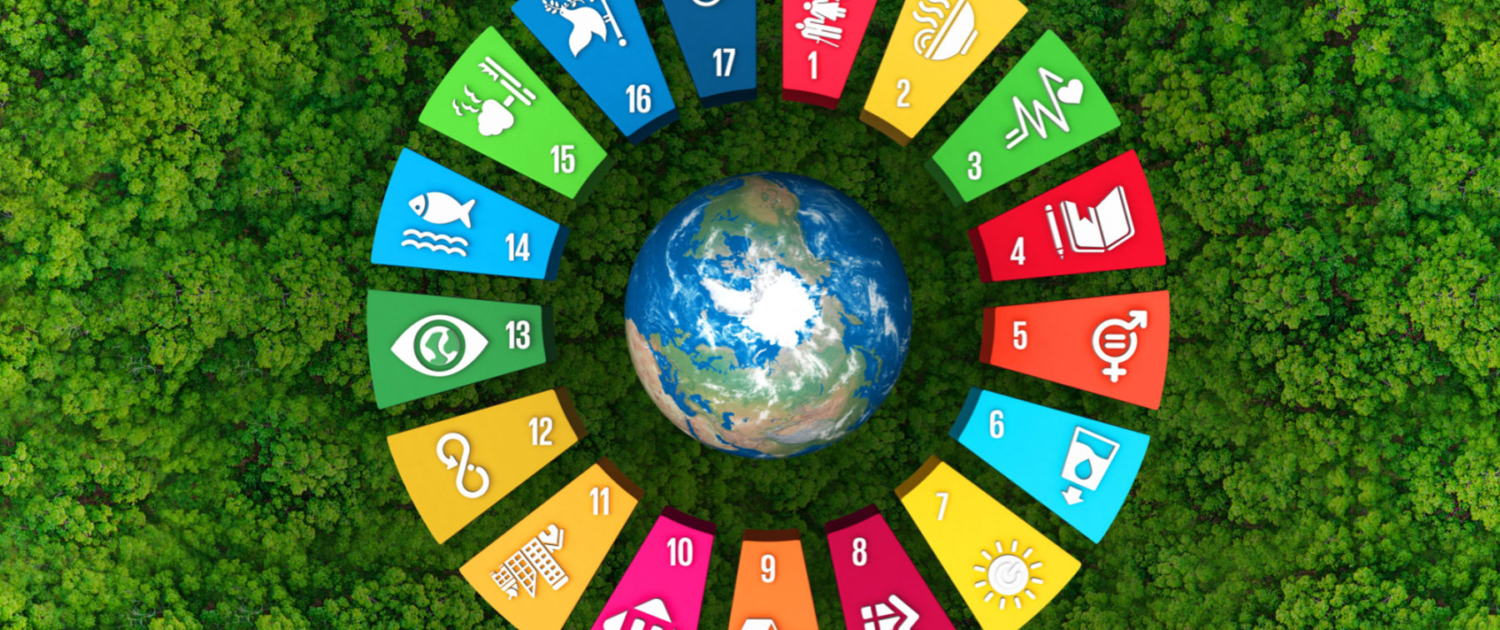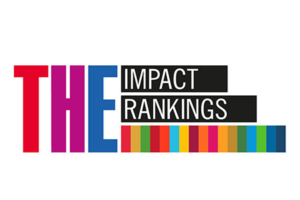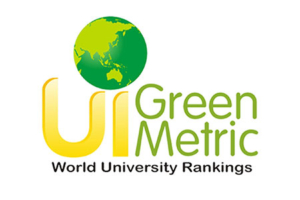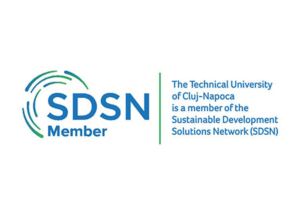Buildings with intelligent, energy efficient solutions and equipped with renewable sources
As a higher education and research institution, the Technical University of Cluj-Napoca has the knowledge and the potential to support innovatively addressing environmental challenges, in meaningful ways through education, research and sustainable operational practices. The University Community has the capacity to play an important role in the assimilation, implementation and perpetuation of the values and principles of sustainable development, which are essentially aimed at minimizing the University impact on the environment by reducing the University ecological footprint.
CONTEXT
At the United Nations General Assembly, several countries around the world have adhered to the 2030 Agenda for Sustainable Development and the 17 Sustainable Development Goals (SDGs), setting out concrete actions to be taken for people and the planet. This 2030 Agenda, together with the Paris Agreement on climate change, represent the roadmap for sustainable development through the economic, social, environmental and governance dimensions. The European Union (EU) has established some of the highest social and environmental standards, adopted some of the most ambitious policies for the protection of human health and has become a world leader in the fight against climate change.
The EU Member States have integrated the 17 SDGs into their public policies, and Romania has established the national framework for supporting it through the integrated approach of the objectives by developing the National Strategy for the Sustainable Development of Romania 2030 (NSSDR 2030), , aplying to higher education institutions inclusively.
In order to promote the principles and values of the Strategy, the key document was elaborated, which guides the implementation of the NSSDR 2030 by proposing actions to strengthen and extend the governance framework for sustainable development: the National Action Plan for the implementation of the National Strategy for Sustainable Development of Romania 2030 (PNA) .
Climate change as well as energy transitions represent an existential challenge for Europe but also for the whole world. The European Green Deal initiative RepowerEU are primarily aimed at transforming the European Union into a modern, competitive and resource-efficient economy, whereby Europe reaches net-zero greenhouse gas emissions by 2050, economic growth is dissociated from resource use and no citizen or geographical area is left behind..
NECESSARY ACTIONS
Advanced scientific research focused on innovative solutions and environmentally friendly technologies
Supporting accelerated innovation in industry
Less polluting, cheaper and healthier forms of private and public transport
Collaboration with international partners for sustainable development
Sustainability@
Technical University of Cluj-Napoca
In this context, the Technical University of Cluj-Napoca, like many other universities in the country, but as main initiator in the field, is facing both major challenges and real opportunities for sustainable development, both assuming a pragmatic, realistic approach, focused on the real needs of the regional and national socio-economic environment, by orienting the entire educational process, scientific research and innovation towards this requirement.
Based on the context of European and national policies, it was identified the necessity of concretizing the concept of sustainable development
within the Technical University of Cluj-Napoca.
The Sustainable Development Goals defined by the United Nations Committee, represent the main instrument for continous development and monitoring the internal processes, providing the Community with an appropriate context for education, research and development. By adopting the Sustainable Development Goals at a strategic level, the University can contribute to the formation of a sustainable society, where higher education is connected with the business environment, the entrepreneurs, the industry and with international partners.







